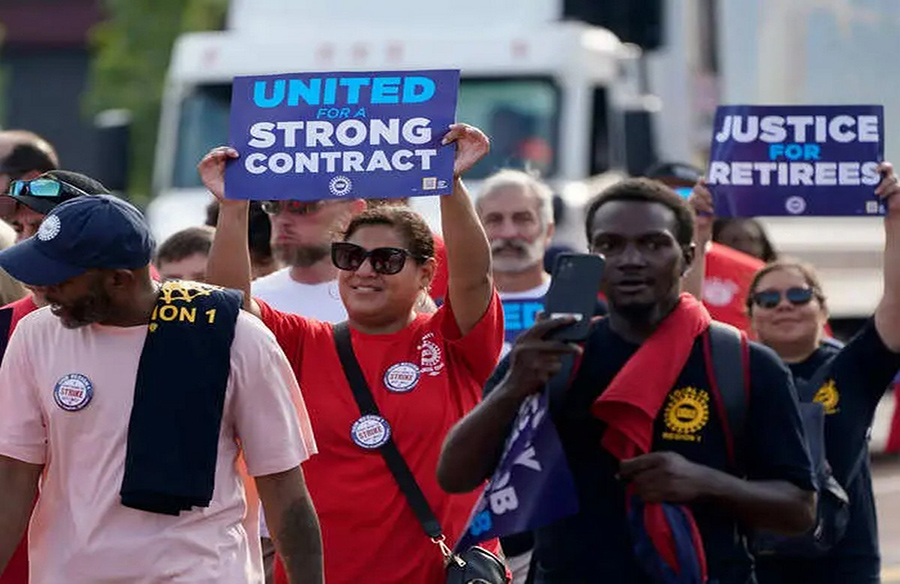
The concept of “safety capitalism” is gaining traction among Gen Z individuals, reflecting a desire for a more robust social safety net within the framework of capitalism. Christina Elson, Executive Director of the Center for the Study of Capitalism at Wake Forest University, explains that safety capitalism advocates for a capitalist system that offers adequate protection for individuals facing hardships like unemployment or illness.
Reimagining Economic Support
While the United States currently provides various forms of social assistance, including unemployment benefits and food stamps, many Gen Zers perceive these programs as insufficient. According to a Wake Forest survey conducted in collaboration with YouGov in 2022, 65% of Gen Z and millennial respondents believe that the government should guarantee employment to anyone seeking it. Additionally, 45% express support for universal basic income policies, while 65% advocate for unemployment benefits equivalent to one’s previous salary.
Challenges and Frustrations
Despite their support for capitalist principles such as private ownership and entrepreneurship, many Gen Zers are disillusioned by the escalating costs of healthcare, housing, and education. These financial burdens have fueled calls for increased government intervention to ensure economic stability and prevent individuals from falling into poverty.
Shifting Attitudes Toward Capitalism
Notably, a significant portion of Gen Z individuals are reevaluating their stance on capitalism. In a Business Insider survey, 28% of Gen Z respondents expressed a preference for socialism over capitalism, signaling a departure from traditional economic ideologies. This shift reflects broader concerns about income inequality and the adequacy of existing social safety nets.
Redesigning Social Safety
Elson highlights the need for a comprehensive overhaul of the social safety net to address contemporary challenges effectively. While programs like Social Security and unemployment insurance were established decades ago, they may no longer align with the needs of today’s society. Moreover, the financial strain on systems like Social Security underscores the urgency of reform to ensure long-term sustainability.
Exploring Global Models
Some Gen Z individuals look to European countries for inspiration, where more extensive social safety nets are commonplace. For instance, Germany provides eligible unemployed individuals with a percentage of their previous salary for up to a year, accompanied by universal health insurance and guaranteed sick leave policies. Comparisons with European models prompt discussions about potential improvements to the US system.
Balancing Risk and Reward
Amid calls for an expanded safety net, proponents emphasize the importance of preserving the US’s entrepreneurial spirit. While advocating for greater economic support, it’s crucial to maintain an environment that incentivizes risk-taking and fosters innovation. Embracing a culture that acknowledges the inevitability of failure while promoting resilience is essential for sustaining economic vitality.
In essence, the concept of safety capitalism represents a nuanced approach to addressing socioeconomic disparities and promoting economic security for all individuals, aligning with Gen Z’s vision for a more equitable and inclusive society.










Leave a Reply